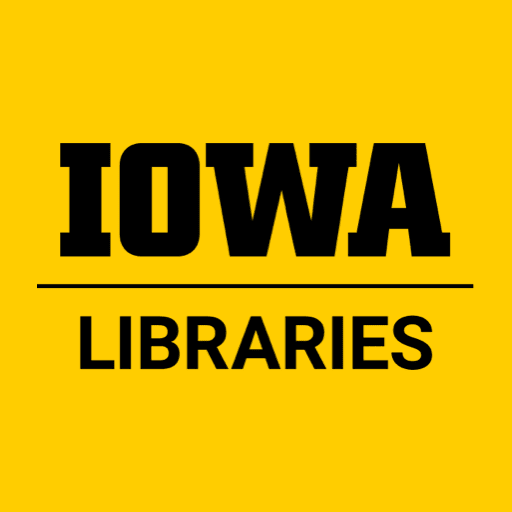By Kelly Hangauer
In August 2021, I had the opportunity to participate in the Evidence Synthesis Institute. This four-day online institute is funded by the Institute of Museum and Library Services (IMLS) and is a partnership between University of Minnesota, Cornell University, and Carnegie Mellon University. The goal of the institute is to equip librarians who work outside of the health sciences with the tools to provide evidence synthesis support at their institutions.
So what is evidence synthesis? Evidence synthesis (ES) is a broad term that encompasses all types of reviews including systematic reviews, meta-analyses, scoping reviews, critical reviews, rapid reviews, mapping reviews, umbrella reviews, etc. The most common reviews, and the ones we focused on the most, are systematic reviews.
Evidence synthesis is an increasingly important aspect of academic research and informs evidence-based practices. While ES is most common in the health sciences, it is also important for social sciences. In my work as a liaison to the College of Education and Department of Psychological and Brain Sciences, I have noticed a demand for this type of service among faculty and graduate students.
The Evidence Synthesis Institute was thoughtfully arranged. Not only did we have presentations, breakout rooms, and small group debriefs, but we also had clear objectives and informative videos available through PressBooks. The coordinators of the Institute are all librarian experts with lots of ES experience.
Librarians are perfect partners for ES work and can raise the caliber of an ES project. This is because ES necessitates complex search strategies using Boolean operators, keywords, and Subject Terms; thorough knowledge of databases and indexes; strategies for finding grey literature; and citation management. Librarians can collaborate in a consultation or co-authorship capacity, depending on the level of involvement.
Prior to attending the Institute, I received excellent training from Jen DeBerg at Hardin Library and had built up some experience consulting and co-authoring on ES publications. The Institute reinforced what I had already learned and gave me a greater appreciation for reporting guidelines (such as PRISMA and PRESS), protocol registration, frameworks for extracting concepts (such as PICO, SPICE, and SPIDER), and ensuring the entire search strategy is transparent and reproducible. In fact, one of the biggest takeaways from the Institute is that transparency and reproducibility are extremely important and can best be accomplished by engaging in peer review of search strategies and publishing complete search strategies through institutional repositories or the Open Science Framework.
I am thankful for having had the opportunity to participate in this Institute and would highly recommend it to other librarians who are interested in becoming more involved in ES work.
